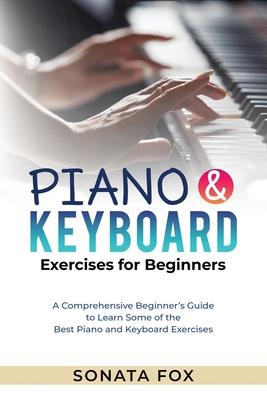The piano is a musical instrument that has been around for centuries. It has been the instrument favored by many of the greatest composers who ever lived. They used the piano to create some of the most impressive, expressive, and emotionally-complex pieces of music that are still as beloved by a modern audience as they were when they were first composed. Names like Wolfgang Amadeus Mozart, Johann Sebastian Bach, Ludwig van Beethoven, Frdric Chopin, Joseph Haydn, Johannes Brahms, Richard Wagner, and Pyotr Ilyich Tchaikovsky are indelibly etched into the fabric of history, celebrated for the mastery of their craft and ability to conjure music from the depths of their souls like magic. Many people hope to follow in their footsteps by taking up the piano themselves. As a budding pianist, you are in great company.
Beginning your piano-playing journey is as simple as deciding you want to start tickling the ivories. Anyone can sit down behind the keyboard and start hitting notes. The difficulty comes when you actually want to translate what you see on sheet music or hear within your mind into actual music. Some basic skills, techniques, and knowledge can give you a huge boost in the early stages of your career as a pianist. Once you have committed to learning how to play the piano, you will need to learn how to read sheet music, gain a foundation in music theory, and become familiar with the hand positions and finger exercises necessary to smoothly transition from neophyte to expert.
